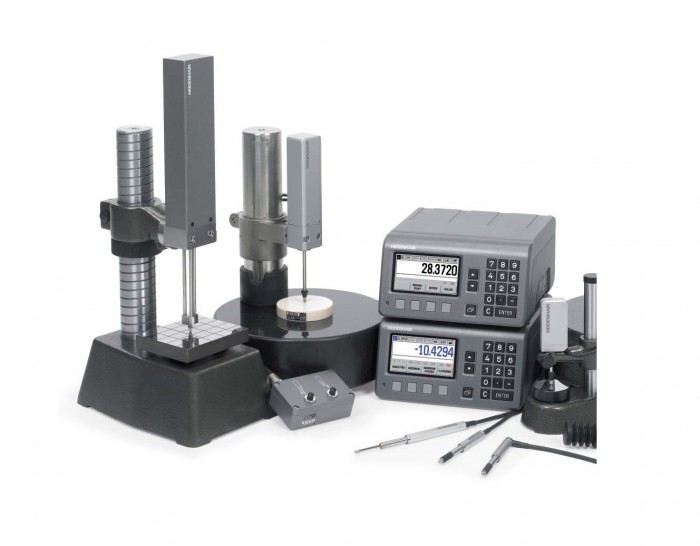When taking data measurements, precision and accuracy are two most important factors to consider. Both of them reflect how close we are to getting an actual value. However, there is a slight difference between the two. Precision gives the reproducibility of the measurements, even if they are nowhere near to the accepted value. Accuracy gives a number close to that of accepted or known value. It’s like hitting a bullseye. Measurements which are both accurate and precise are very near to actual values, and can be repeated.
What’s The Difference Between Precision And Accuracy

14
Feb




